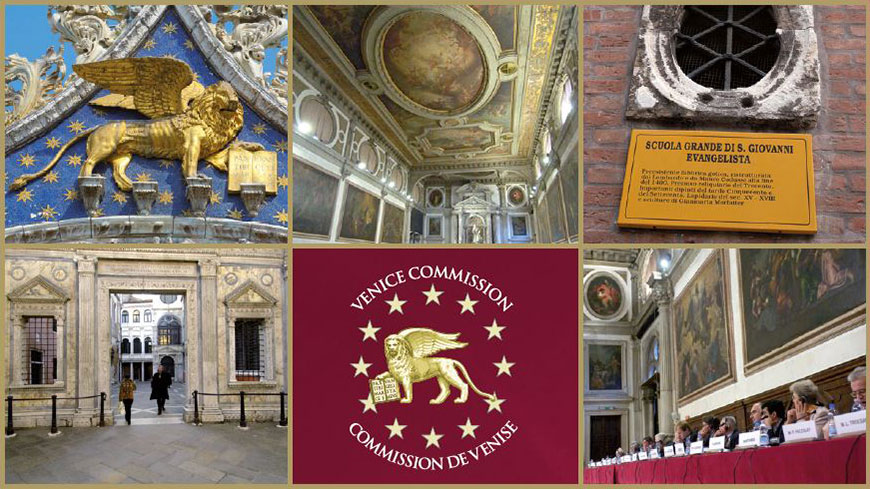The Venice Commission has published today its preliminary opinion on the Draft Law on the Transparency of Organisations Receiving Support from Abroad of Hungary.
The Venice Commission acknowledges that the draft law pursues the legitimate aim of ensuring transparency of civil society organisations and may also contribute to the fight against money laundering and the financing of terrorism.
The Hungarian legislator has wisely avoided the highly stigmatizing term “foreign agent”. However, the neutral label “organisation receiving support from abroad” used in the draft, placed in the context of a virulent campaign carried out by some Hungarian authorities against foreign-funded NGOs, risks to adversely affect their legitimate activities and may raise a concern of discriminatory treatment.
The Venice Commission recommends to the Hungarian authorities that a public consultation involving all civil society organisations be conducted before the final adoption of the Draft Law.
The rationale behind the exclusion of a number of categories of organisations such as sports or religious organisations from the scope of application of the Draft Law is not entirely clear, and should therefore either be justified in clearer terms, or such exclusion should be deleted.
It is positive that the Draft Law provides for a gradual process of sanctioning and that all the important decisions on sanctions are taken by a judicial organ. However, sanctions should be made proportionate and only apply to instances of non-fulfilment of the most important obligations and/or to instances of serious non-fulfilment of obligations. Reference to the dissolution for failure to fulfil the obligations should be deleted.
The period of three years during which a civil society organisation may not receive any foreign funding to be entitled to start deregistration procedure is quite long and appears to be arbitrary. It is recommended to replace it with a one-year period.
The data included in the register and made public should be limited to the major sponsors to ensure that no excessive obligation is imposed on organisations receiving foreign funding. The obligation of mentioning the support from abroad on all their press products and publications appears to be excessive and should be removed.


